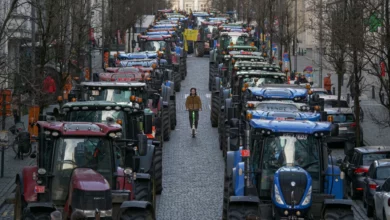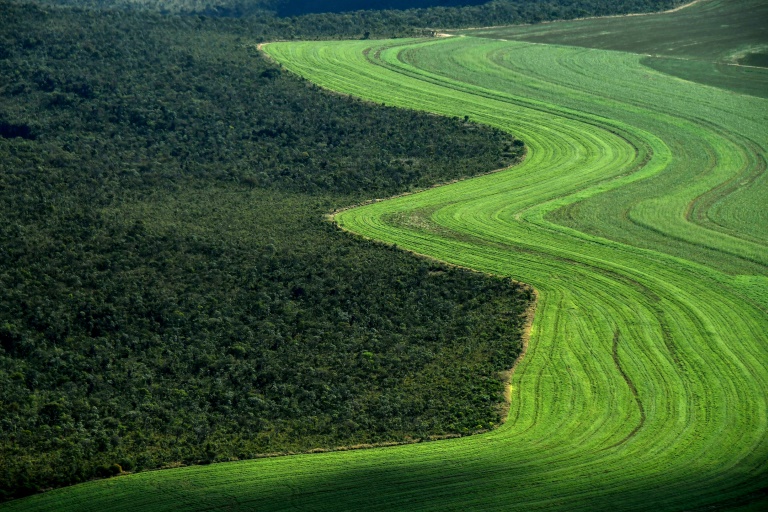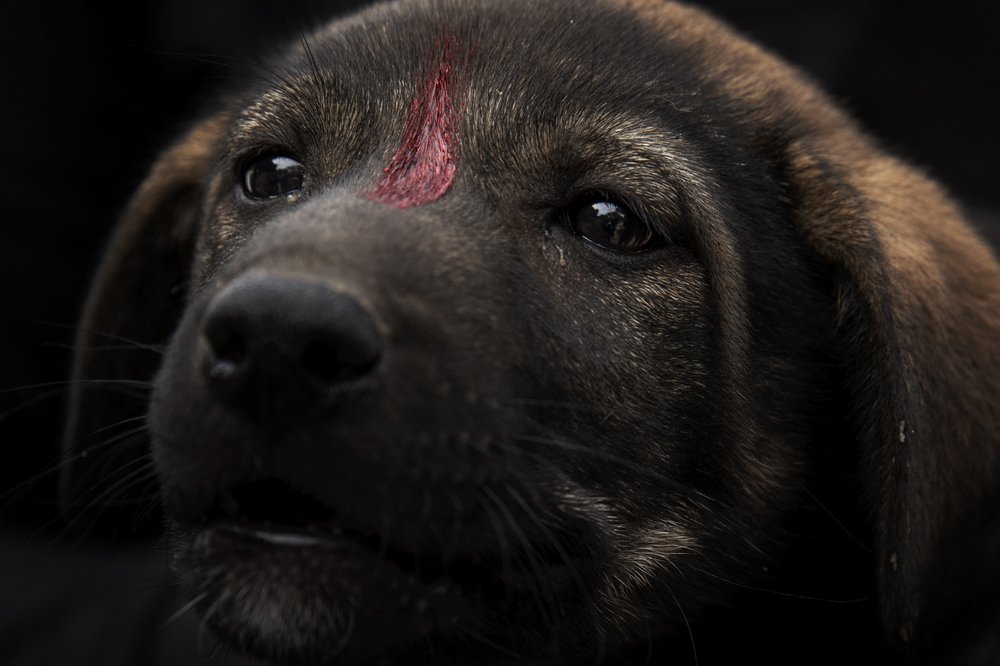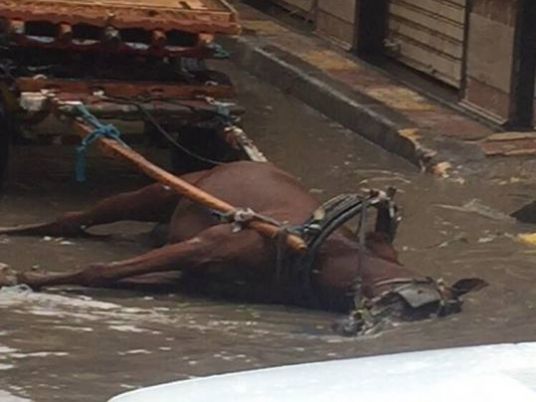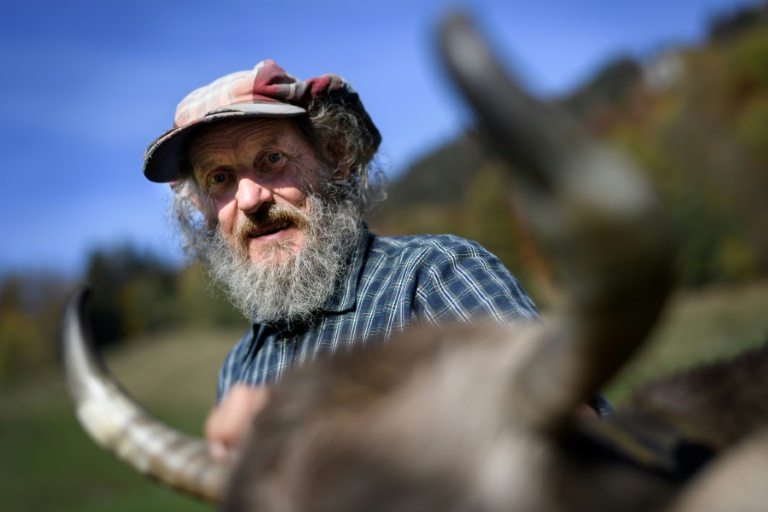
Concern over the cruelty of removing a cow’s horns had not been one of Switzerland’s most pressing political issues.
So when livestock farmer Armin Capaul — inspired by conversations with his cattle — managed to force a national vote on the question following an upstart campaign that began with few resources and no political support, he became a media celebrity.
But Capaul, whose wild grey hair and unkempt beard accurately identify him as a man of the mountains, insisted that his insurgent bid to limit dehorning in Switzerland is not about him.
“It’s the cow that’s important, not me,” the farmer, in his 70s, told AFP at his home in Perrefitte, a municipality in the heart of the Jura mountain range.
Capaul credits his cows with giving him the idea to push for Sunday’s referendum.
“I always talk to my cows in the barn. They asked me if I could do something for them, if I could help them keep their horns,” he said.
“One way or the other, something had to be done and if the animal welfare organizations weren’t going to do anything, then I would do it,” he said.
– ‘They laughed at me’ –
The proposal on Sunday’s ballot does not call for a ban on dehorning. Instead, it seeks a constitutional amendment that would create incentives for farmers to let horns grow.
The poll is part of Switzerland’s famous direct democracy system, but in many ways it stands apart from other initiatives put to a vote in recent years.
Often a proposal has the backing of established political parties, which use their networks to secure the 100,000 signatures needed to force a vote. The parties then typically set up lobby groups to campaign for their policies.
This was not Capaul’s method.
In 2010, he wrote a letter to the federal agriculture office asking it to make horn preservation part of its animal welfare strategy.
“They laughed at me,” Capaul said.
He then petitioned Swiss lawmakers in both the upper and lower house.
When that strategy failed, he launched a popular initiative, securing 119,626 signatures within the 18-month deadline in a campaign that ultimately attracted support from environmental and animal rights groups.
“If my wife had known what this would cause, she would not have supported me,” he joked, in reference to the intense Swiss media focus heaped on the previously anonymous farmer in recent weeks.
– ‘National animal’ –
Beyond animal cruelty, debate over the initiative has touched on the realities of the livestock business.
Some argue that dehorning cows is crucial because it allows farmers to house more animals in close proximity with less risk of injury.
Capaul and some of his backers counter that preserving horns is the right thing to do both for animals and for Switzerland — the country has used the image of the horned cow to promote everything from its chocolate to its mountainous landscape.
“The horns are part of the cow… there is a lot of blood inside, more than in the tail of a dog, which it is forbidden to cut,” he said.
“In Switzerland, there are still 10 percent of cows that still have horns, and these are the ones that I want to save,” he added.
“The cow is, in a sense, the national animal. Its (image is) everywhere.”
– Pointed issue –
The Federal Council, Switzerland’s executive branch, is opposed to granting subsidies for horn preservation.
“There is no study that says cows or goats without horns are disproportionately harmed,” it said in a statement.
It argued that farmers must remain free to dehorn their livestock for “entrepreneurial” reasons, if they so choose.
The Swiss Farmers’ Union, the country’s main agricultural organization, has stayed neutral.
Polling conducted this month suggests the result is too close to call.
A survey by the Tamedia company had 52 percent of respondents against, versus 45 percent in support. The GFS Bern polling and research firm has 49 percent voting yes, and 46 percent voting no.
For a popular initiative to pass, it needs the backing of both a majority of voters and support in more than half of Switzerland’s 26 cantons.

